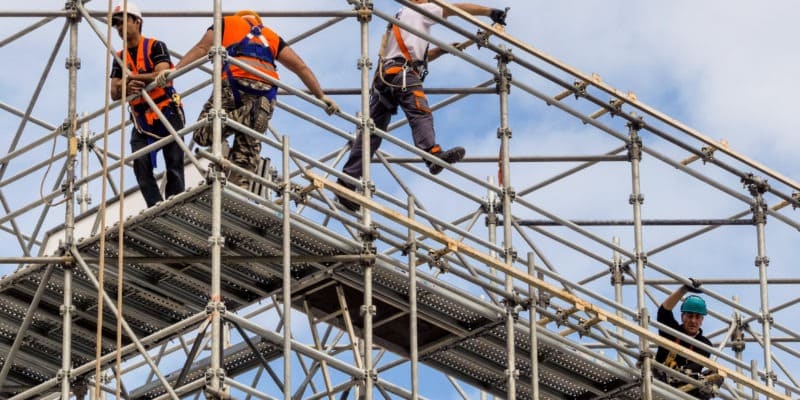May 2018
It’s our 2oth Anniversary! Save the date and join NAFC at our next Annual Conference in sunny San Diego, CA. The Conference will be held at the Hilton San Diego Bayfront Hotel, in downtown San Diego. This year’s Conference will be jointly sponsored by the Center for Contract Compliance and will have a national as well as a California specific focus. The NAFC National Conference is attended by participants from across the nation, including representatives from labor organizations, responsible contractors, fair contracting compliance organizations as well as researchers, academics, attorneys and officials from federal, state and local governments.
Stay tuned for further information.








